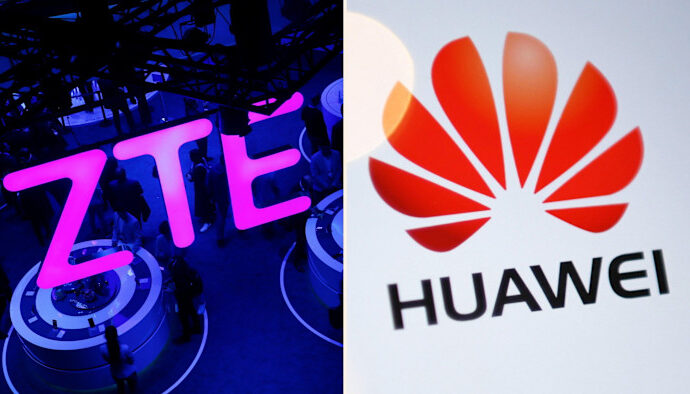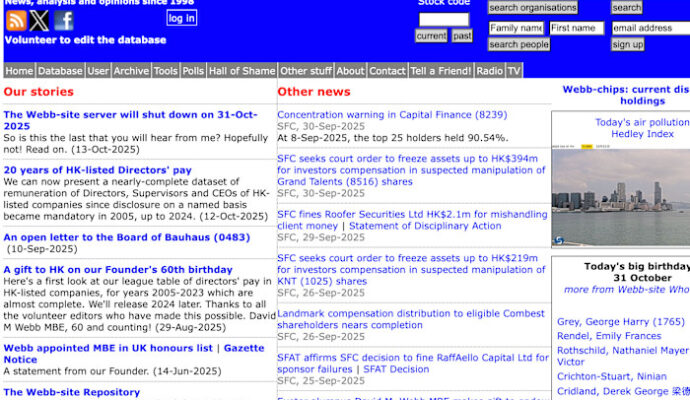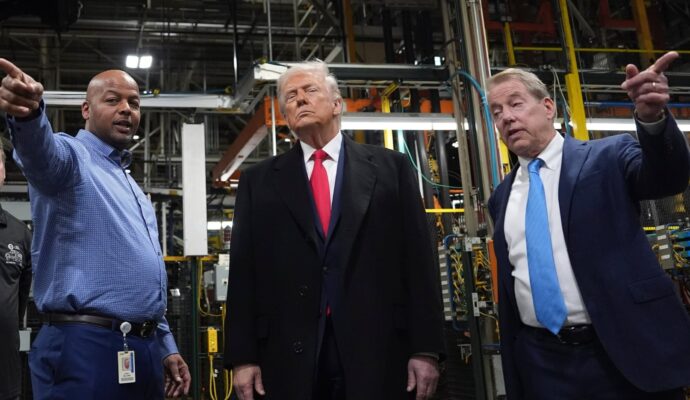Unlock the Editor’s Digest for free
Roula Khalaf, Editor of the FT, selects her favourite stories in this weekly newsletter.
Evergrande, the world’s most indebted property developer, has been officially ejected from Hong Kong’s stock exchange, bringing down the curtain on the public status of a company that embodied the rise and fall of China’s real estate sector.
The developer, which specialised in residential apartments, shook global markets after a 2021 default on offshore bonds alerted the world to a cash crunch in China’s property sector.
Evergrande’s shares had been suspended since January last year, when a Hong Kong court put the listed entity into liquidation after years of restructuring talks fell through. The stock exchange said last week it would cancel its listing on Monday, after it failed to meet the bourse’s resumption guidance of having to recommence trading of its shares within 18 months.
Evergrande’s rise made its founder Hui Ka Yan one of the richest men in Asia, and its ongoing unwinding is being closely watched by observers of China’s vast property sector, which remains under pressure.
A disclosure from liquidators Alvarez & Marsal this month showed that just $255mn of assets, including a painting by Claude Monet, had been recovered in the past 18 months.
Evergrande had total assets of Rmb1.8tn ($250bn) in 2022, with the vast majority within mainland China’s distinct legal regime, posing a challenge to recovery.
Its vast total liabilities of more than $300bn — also mostly within the mainland — encapsulated the debt-driven nature of China’s property sector after economic reforms in the 1990s and a historic wave of urbanisation.
Evergrande’s listing in 2009 was a seminal moment in that boom, with the company also going on to borrow more than $20bn on international bond markets, more than any other Chinese developer.
“We are one of the leading large-scale integrated residential property developers in China with land reserves of 45.8mn square metres in [gross floor area] under development or held for future development in strategic locations across the nation,” the company said in its prospectus ahead of the listing.
Alvarez & Marsal said this month that the value of its assets and liabilities was “so uncertain as to render it impossible for the liquidators to provide any guidance regarding dividend expectations at this point in time”.
The liquidators have also launched legal action against PwC, Evergrande’s auditor. Authorities said last March that PwC China had approved accounts even though the developer had inflated revenues by $80bn in 2019 and 2020. PwC China was fined Rmb441mn and banned for six months.
The property sector continues to weigh on sentiment in mainland China, where a large amount of household wealth is held in real estate. New home prices have been under pressure in recent months, and Beijing has prioritised the completion of unfinished housing.
Across $150bn of defaulted property bonds issued outside mainland China, less than 1 per cent has been recovered, the Financial Times reported in March.
At the time of Evergrande’s share suspension in January 2024, the company had a market capitalisation of HK$2.15bn ($275.3mn), down from a peak of HK$398.8bn in 2017.
Evergrande founder Hui, who was detained by authorities in 2023, was the company’s largest shareholder, with almost 60 per cent of outstanding shares when figures were last updated in June 2022, according to Bloomberg data.


